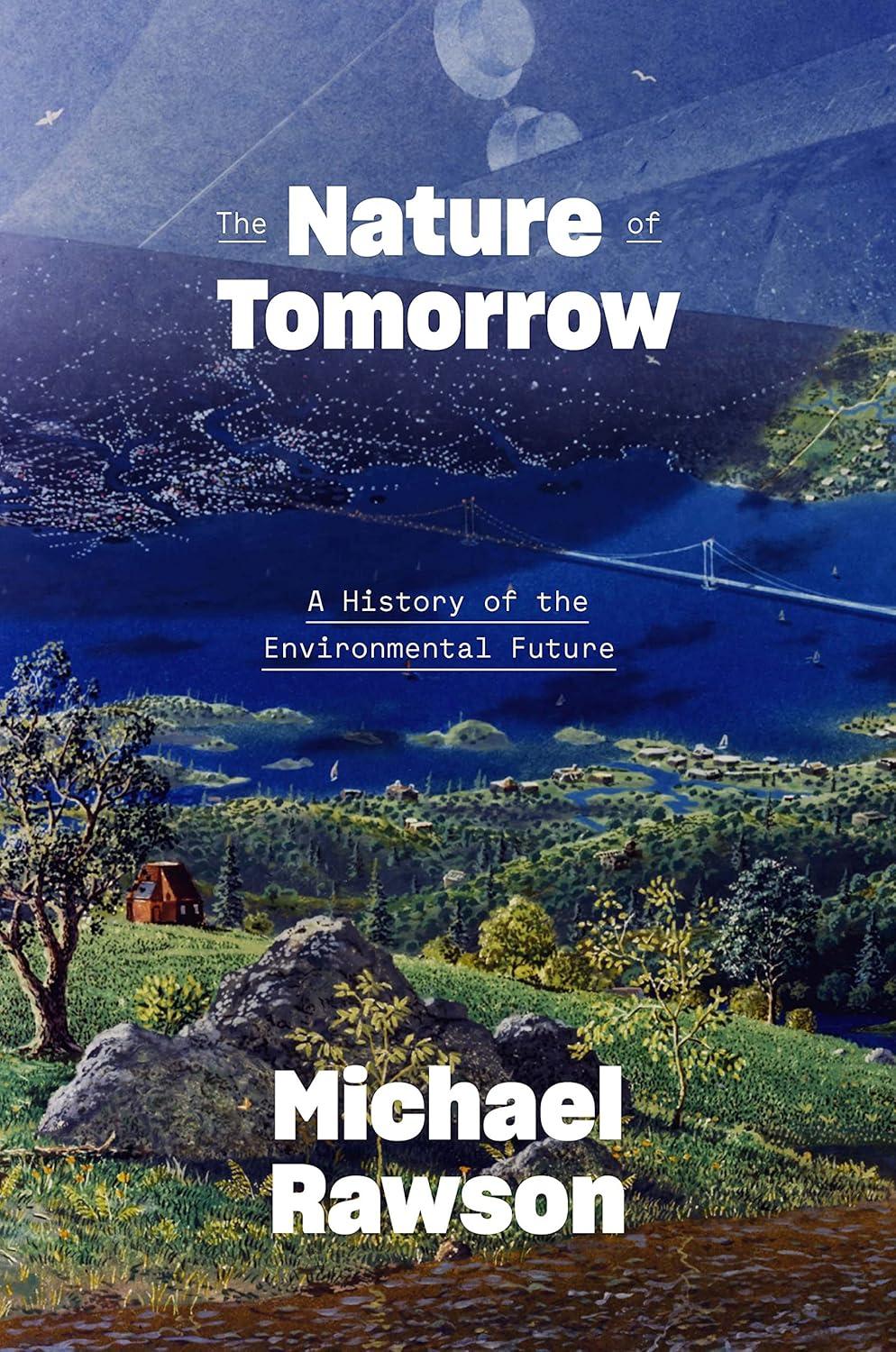In the nineteenth century, machines would become so central to the imagined future that no vision of tomorrow was credible without them. (The catalyst for this transformation was the Industrial Revolution.) The author Jane Webb displayed a keen appreciation for that fact in a popular work of fiction that she published in 1827. Her story, set in twenty-second-century Egypt, described the Nile valley as a place where “steamboats glided down the canals, and furnaces raised their smoky heads amidst groves of palm trees; whilst iron railways intersected orange groves, and plantations of dates and pomegranates might be seen bordering excavations intended for coal pits.” In Webb’s future Egypt, as in so many other visions of tomorrow produced in the first half of the nineteenth century, machines provided the muscle for developing the natural environment at a fantastic pace and on a global scale.
The futuristic fiction of the early nineteenth century overflowed with mechanical inventions. Airships carrying thousands of passengers dominate the skies; steamships, sometimes with additional pull from giant kites, turn the oceans into lakes; trains traveling hundreds of miles an hour defeat time. Machines dry hay faster, bore deeper tunnels, and shield cities from inclement weather. The more machines, the more futuristic the story felt. Jane Webb’s book was so packed with imaginative innovations in science and technology that the famous English landscape architect J.C. Loudon went out of his way to meet the author, assuming it was a man. They were married later that year.
Authors did not include fantastic machines in their tales of tomorrow just for their novelty value. The machines demonstrated human control of the natural world, something writers did not hesitate to point out. “So many new inventions had been struck out,” wrote Webb of her future England, “so many wonderful discoveries made, and so many ingenious contrivances put into execution, that poor Nature seemed to be degraded from her throne, and usurping man to have stepped up to supply her place.” The fiction of the future was in general agreement that machines would transform dreams of growth and progress into reality.
